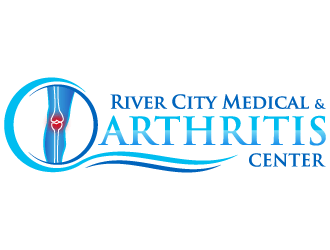Sarcoidosis




For mild cases:
There is as yet no known cure for sarcoidosis, in about half of the cases it goes away on it’s own, sometimes without treatment for those that don’t have significant signs and symptoms of the condition.
For severe cases:
For the remaining half of the cases that are more severe, there are several effective treatment protocols that can be followed to manage the condition.
Medications
If your symptoms are severe or organ function is threatened, you will likely be treated with medication.
-
Corticosteroids. These powerful anti-inflammatory drugs are usually the first-line treatment for sarcoidosis. In some cases, corticosteroids can be applied directly to an affected area — via a cream to a skin lesion or drops to the eyes.
-
Medications that suppress the immune system. Medications like methotrexate (Trexall) and azathioprine (Azasan, Imuran) reduce inflammation by suppressing the immune system.
-
Hydroxychloroquine. Hydroxychloroquine (Plaquenil) may be helpful for skin disease and elevated blood-calcium levels.
-
Tumor necrosis factor-alpha (TNF-alpha) inhibitors. These medications are commonly used to treat the inflammation associated with rheumatoid arthritis. They can also be helpful in treating sarcoidosis that hasn't responded to other treatments.
For extreme cases:
Extreme cases of sarcoidosis may require surgery. Organ transplant may be considered if sarcoidosis has severely damaged the lungs, heart or liver.
